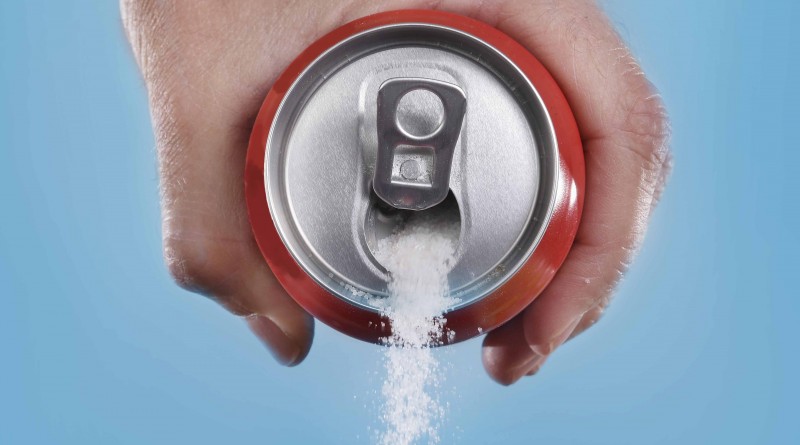Sugar: is there worse poison?
Refined sugar in excess is one of the foods that cause the most harm to health.
Refined sugar is harmful to health: in addition to not have any nutritional value, it can still create physical dependence. The consumption of refined sugar in excess is not recommended by the scientific community and the World Health Organization states that a reduction to 5% of the sugar intake of total daily diet would bring additional benefits to the health of adults and children, and strongly discourages this amount exceeds the 10%. It is important to note that this recommendation excludes the sugar present in fruits and vegetables.
White sugar, and also the brown sugar, depending on the production methods, is a processed food stripped of all vitamins and minerals. In addition to intoxicate the body, it requires extra work from the body to eliminate toxins released into your digestion, and the imbalances caused by its excessive intake.
Related to the excessive consumption of sugar are health problems like tooth decay, kidney and cardiovascular diseases, premature aging of cells, obesity, loss of elasticity and tissue functionality, just to mention a few. Sugar lurks everywhere: for instance, a can of soda contains approximately 10 teaspoons of sugar.
The ailments do not stop there: sugar is also responsible for damaging the collagen fibers of the body, which are responsible for tissue support and elasticity. The excess of this substance cannot be metabolized by the body and joins the proteins, causing the hardening the skin fibers, which become less flexible and unable to repair damage.
Excessive sugar consumption may be related to decreased HDL, the good cholesterol. This can result in an increased risk of heart disease, given that HDL cholesterol absorbs cholesterol crystals deposited in the arteries carrying them back to the liver to be disposed of.
But those who consume large quantities of sugar is subject to an addictive feeling. The fact that it produces dopamine when ingested, causing a huge sense of well-being, the sugar may generate reactions in the brain similar to those of a drug.
Considered one of the greatest evils of our century and with a greater negative impact on World Health, obesity is mainly caused by excessive sugar intake. Needless to say, those who are obese are more likely to develop cardiovascular disease, type 2 diabetes and some types of cancer.
Will you insist on eating sugar?







